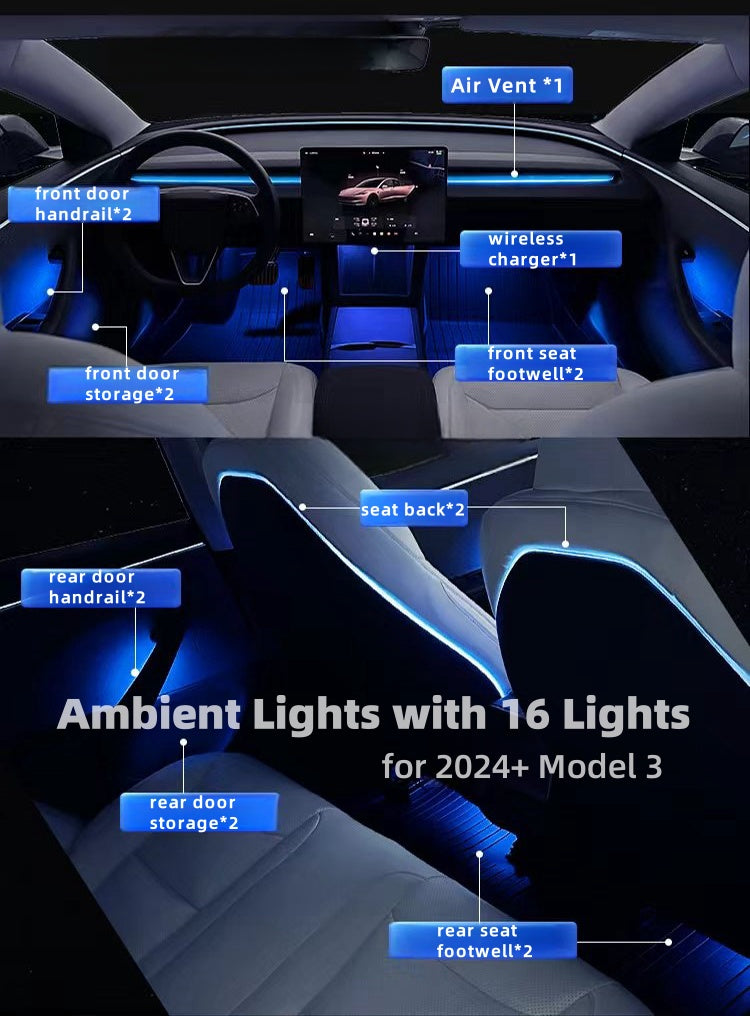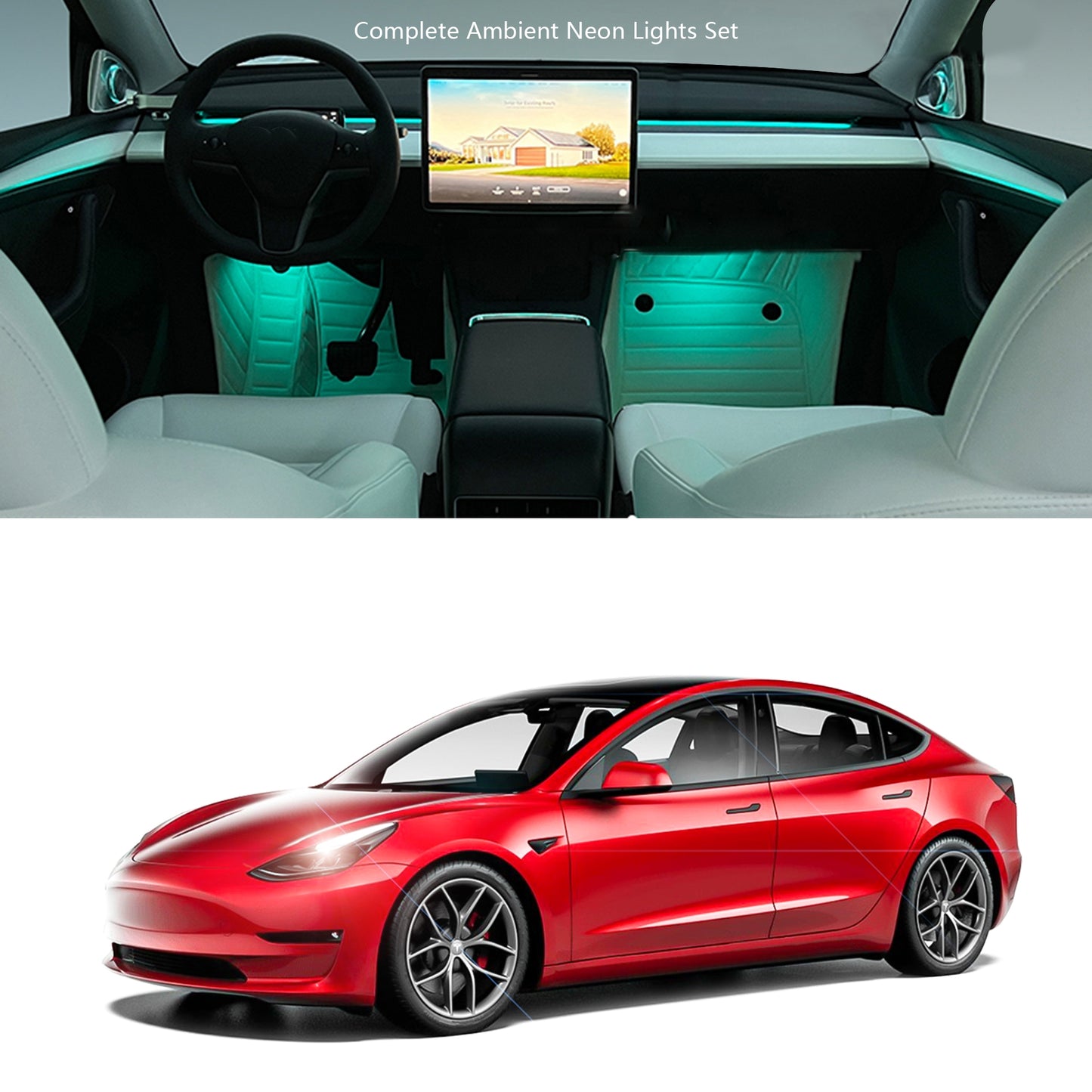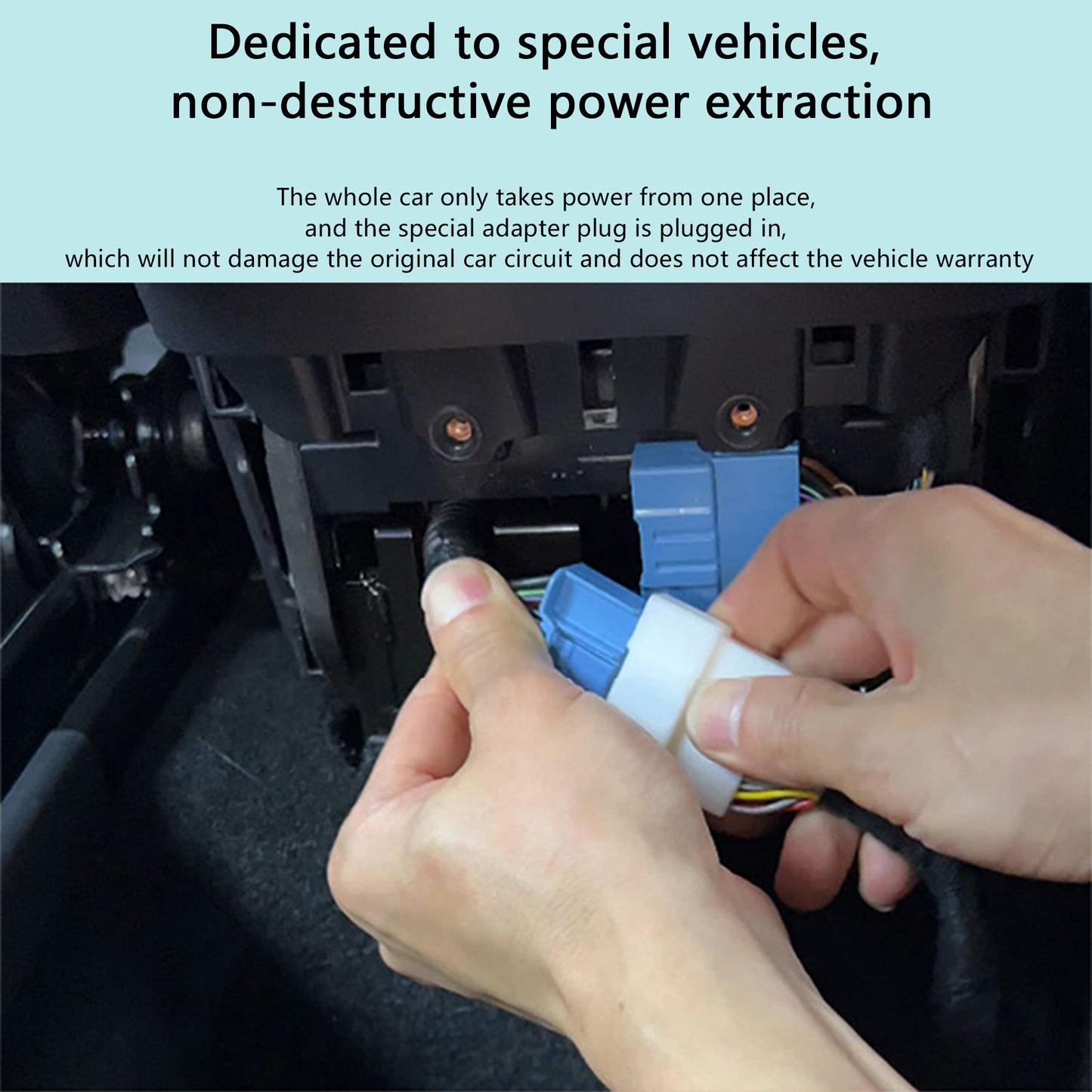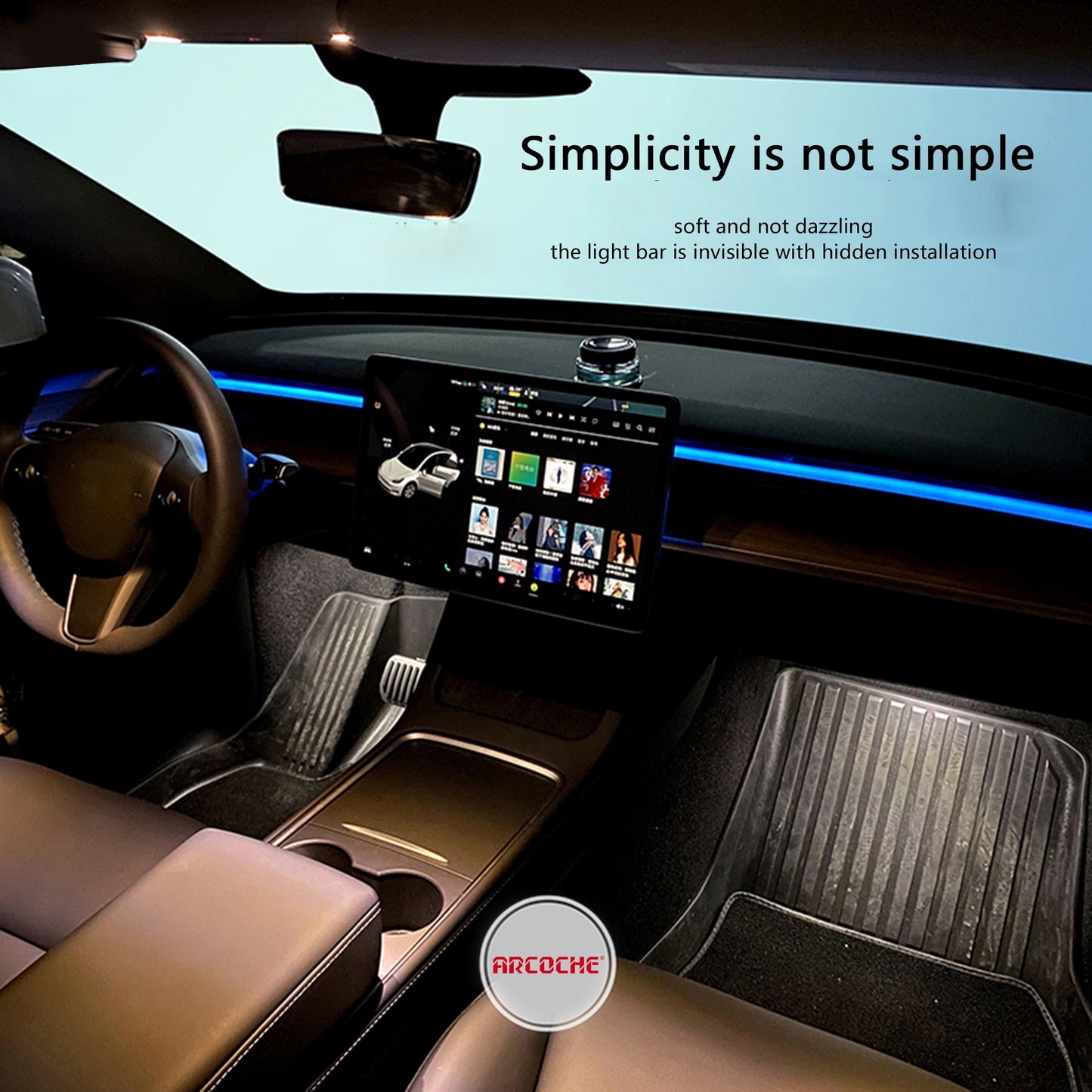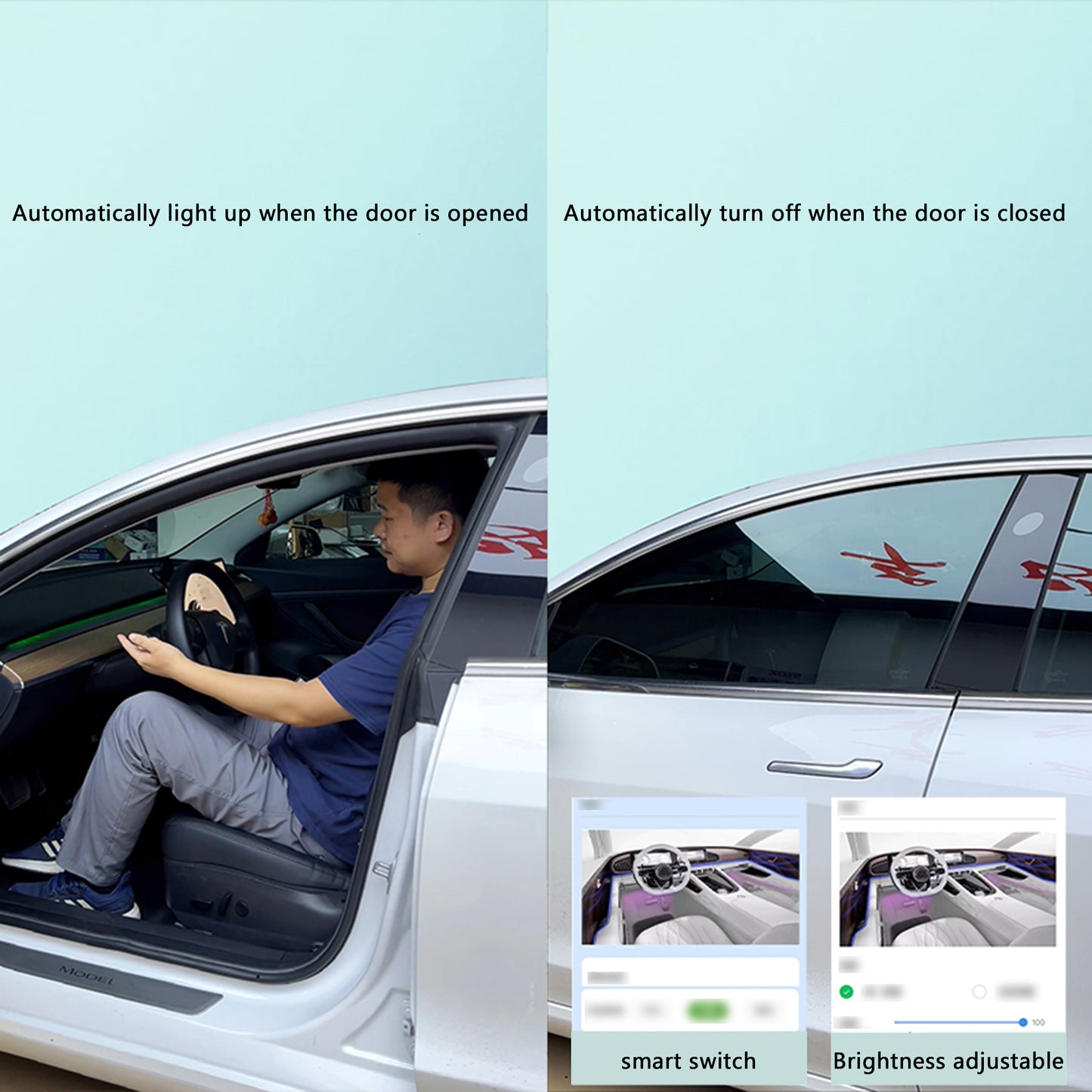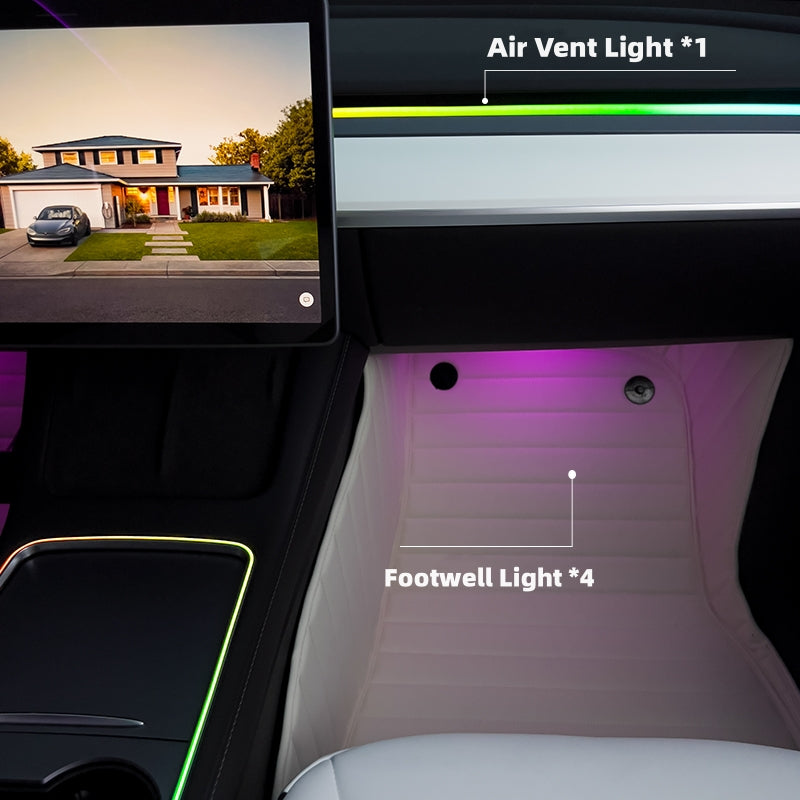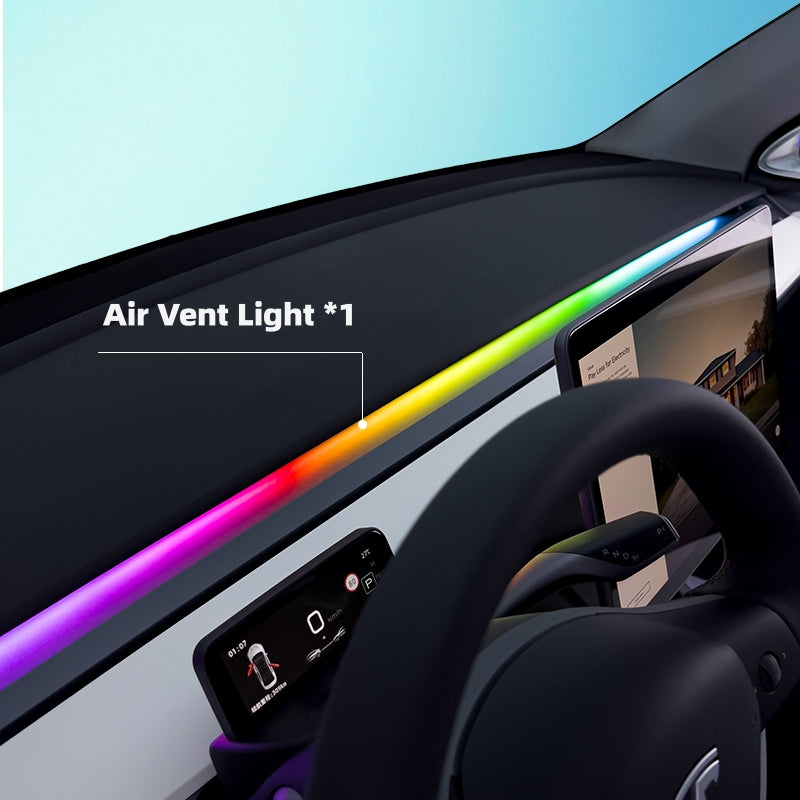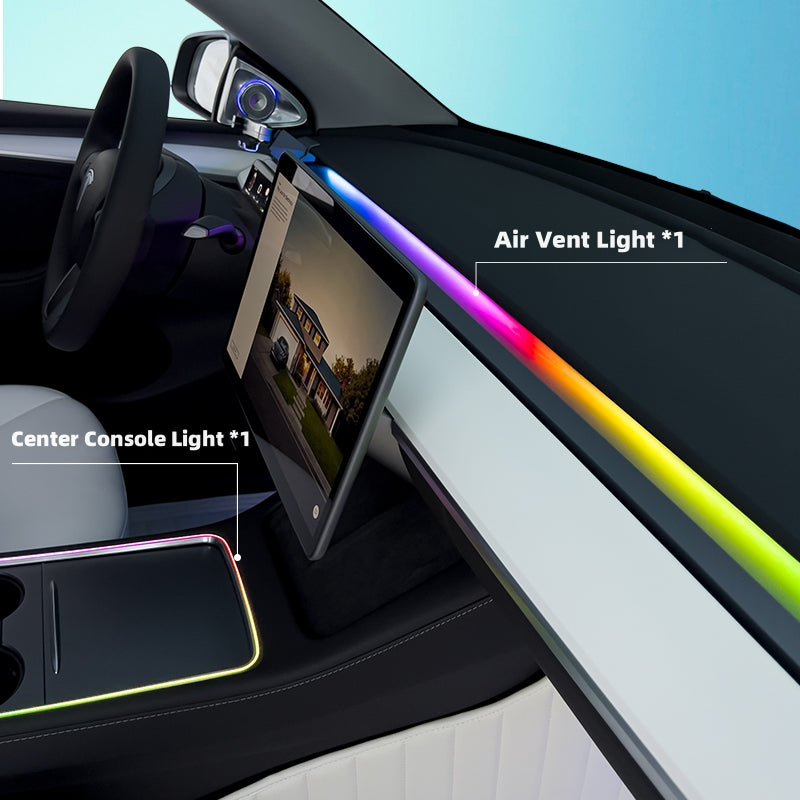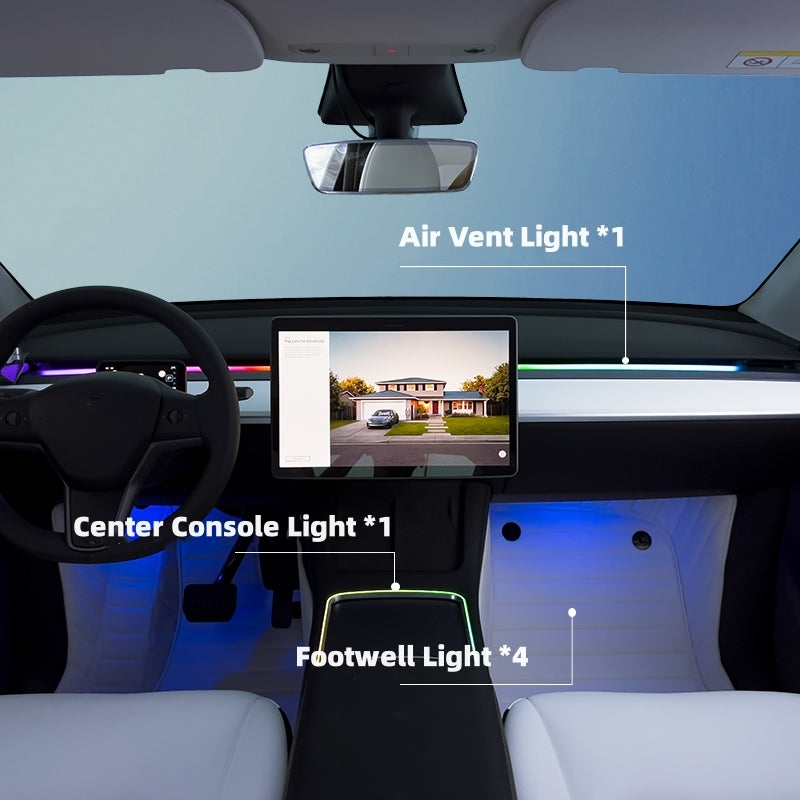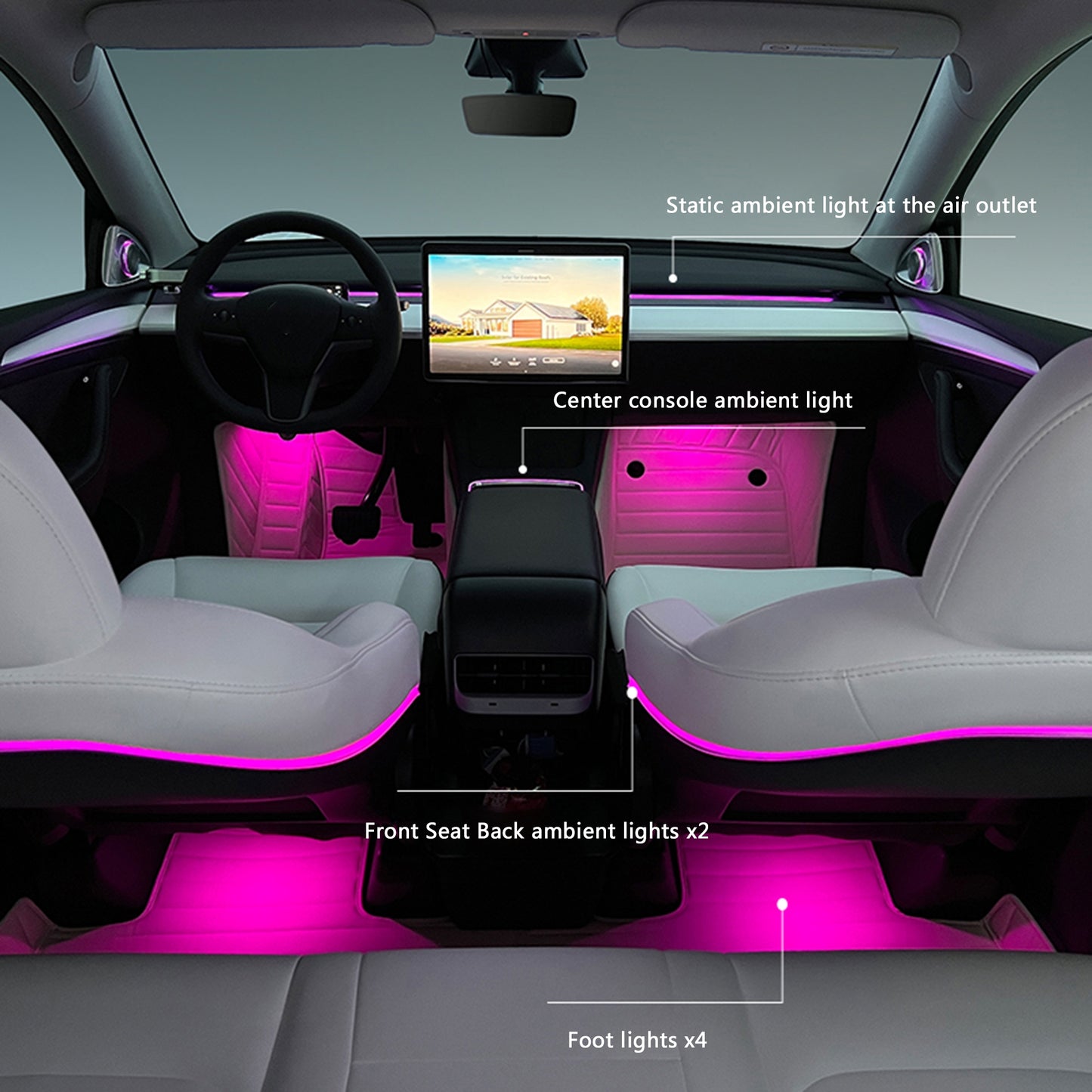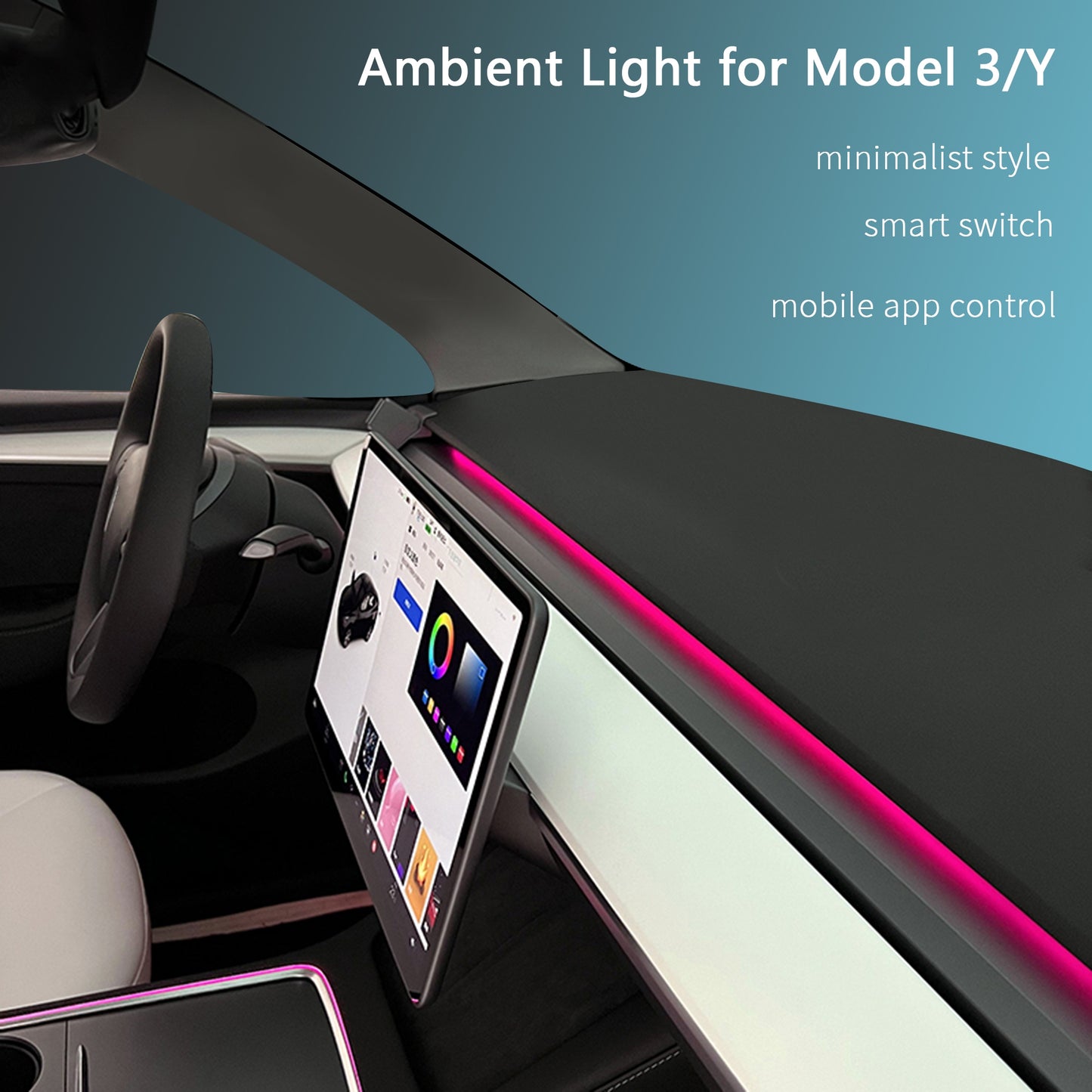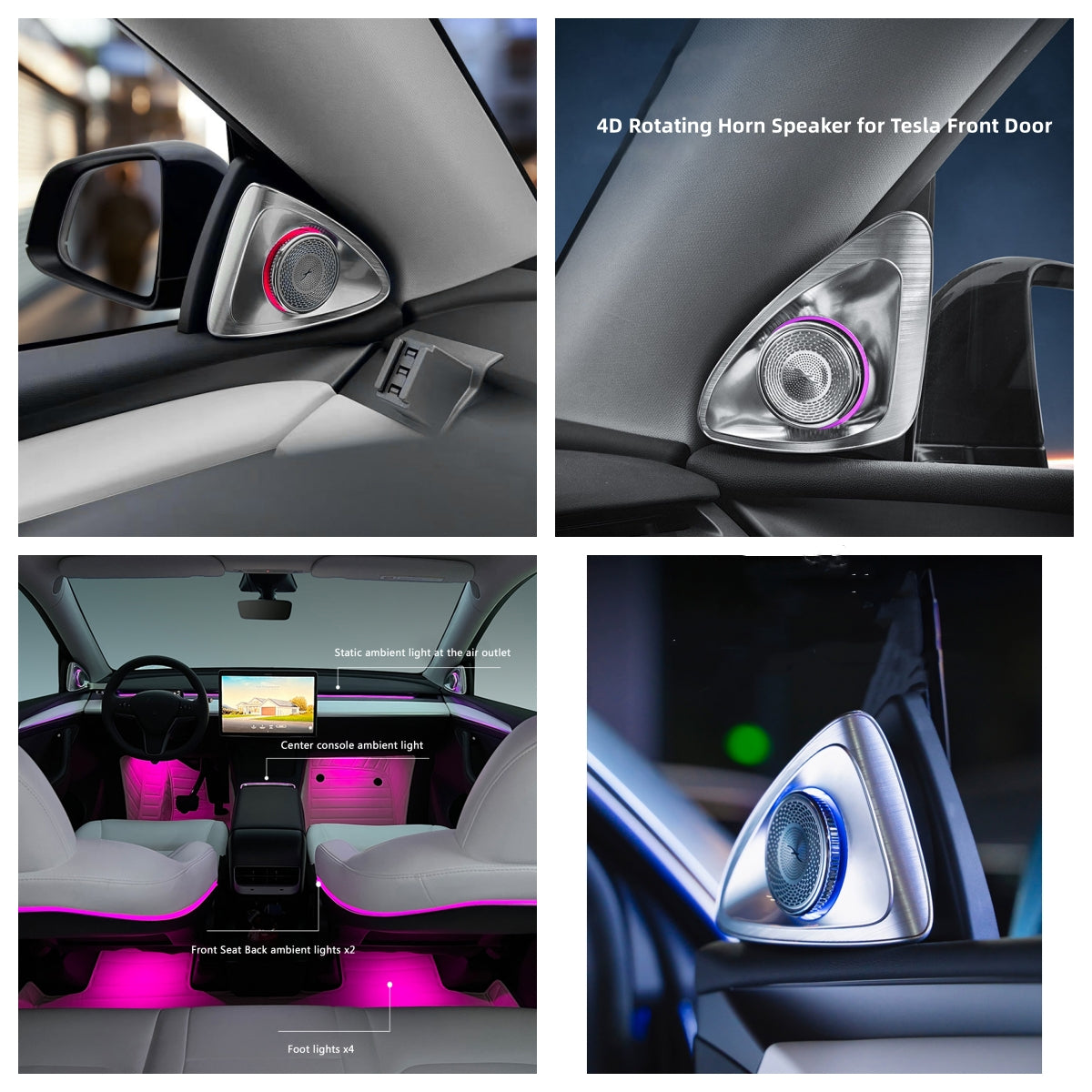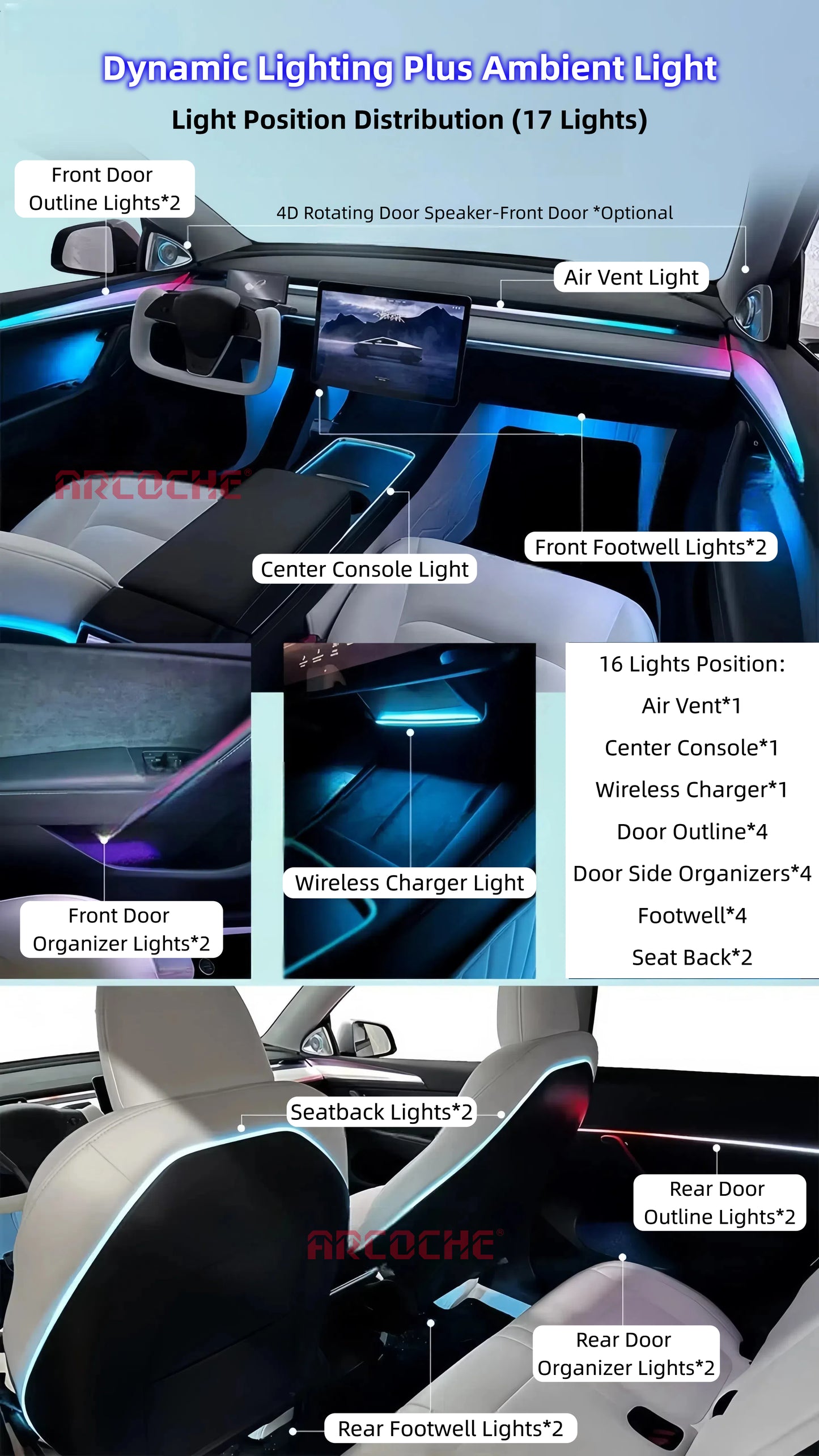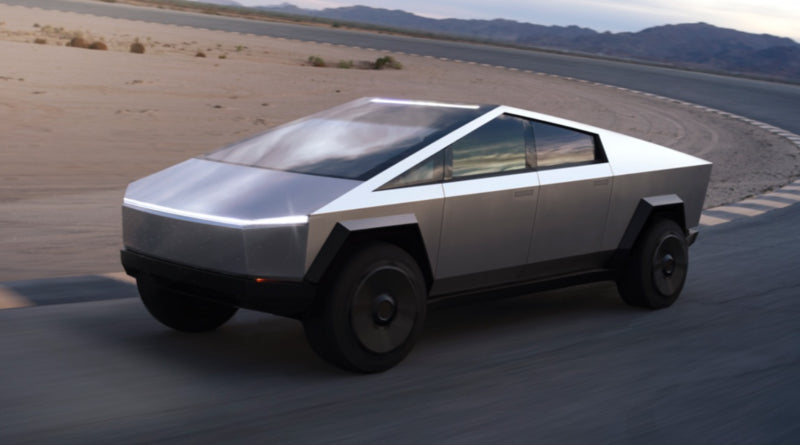
The Future Of EVs Can’t Rely On One Man’s Mental Health
Recent articles, such as the one on Futurism, have depicted Elon Musk as going through a challenging period, with one author suggesting that "Elon didn’t just break Twitter, Twitter broke Elon Musk."
The author supports this claim by citing incidents relayed by Twitter employees, one of which involved Musk reportedly retreating into his office at Twitter headquarters and locking himself in. Allegedly, the situation became concerning enough that Twitter employees contemplated calling the police due to perceived risks of self-harm.
The author contends that Musk's mental state appeared to be influenced by the decline in public opinion about him, emphasizing Musk's deep concern for his public reputation.
It's crucial to note that this information is second and third-hand, introducing the possibility of inaccuracies or exaggerations along the way. However, the author is reputable and well-regarded for behind-the-scenes reporting, lending credibility to the account.
Whether or not these reports are accurate, they prompt reflection within the electric vehicle (EV) community. The revelation of Musk facing potential mental health challenges underscores the importance of considering the potential consequences of concentrating significant influence and control over the industry in the hands of one individual. The disclosure serves as a reminder that anyone, regardless of their prominence, can grapple with mental health issues, urging a thoughtful examination of the broader implications for the EV sector.
I want to emphasize that my intention in discussing this issue is not to disparage Elon Musk. While it's true that I hold differing views, particularly on matters such as LGBT rights and Musk's statements about firearms regulations, I approach this topic with the aim of fostering understanding rather than causing harm. In the past, I have articulated my disagreements with Musk, but I've also advocated for treating eccentric geniuses like him more compassionately, recognizing their potential contributions to our civilization. I even extended an invitation for lunch and a chance to shoot at the Cybertruck metal, reflecting a nuanced perspective.
Similar to many other writers at CleanTechnica, I initially admired and looked up to Musk for his transformative impact on industries resistant to change. He played a pivotal role in dragging the automotive sector into the electric vehicle transition and has been a driving force in reforming space travel, challenging stagnation in both realms.
I want to emphasize that my intention is not to harm Elon Musk's reputation, but rather to express genuine concern for him, having experienced a similar struggle with the impact of disheartening ideologies. However, given the gravity of the issues at stake, particularly concerning the future of our species, there's a need for careful consideration.
The crux of the problem lies in Tesla's near synonymous association with electric vehicles (EVs). In the EV industry, Tesla is unequivocally the dominant player, selling the majority of EVs in the US and holding the position of the top battery electric vehicle (BEV) seller globally. Tesla's expansive and dependable charging network, especially in the United States, further solidifies its influence. The company's name has become deeply intertwined with EVs to the extent that critiques against electric vehicles often target Tesla's perceived shortcomings, even when other EVs don't share those issues.
Compounding this, many EV enthusiasts are also staunch Tesla supporters, sometimes to the point of being fervent advocates. When issues arise with non-Tesla EVs, particularly related to charging, Tesla enthusiasts often respond with comments like "Should have bought a Tesla" or "Don't buy any EV that isn't a Tesla." While some of these sentiments may come from genuine individuals, a substantial number might be artificially generated.
Consequently, we find ourselves in a situation where if Tesla were to face significant challenges, it could have profound repercussions for the EV transition in the United States and many other regions. The interdependence of Tesla's success and the broader acceptance of EVs creates a delicate situation where the fate of one is intricately linked to the fate of the other.
It's understandable that not everyone will share the same opinion, but I believe Elon Musk's questionable decision-making extends beyond his controversial Twitter behavior.
One notable decision is Tesla's substantial investment in Texas, a state that, despite welcoming the construction of the factory near Austin, still prohibits Tesla from selling its cars directly. While various workarounds exist, including potentially shipping Cybertrucks out of state for Texas buyers, it underscores the complexity of navigating regulatory challenges even in states where Tesla has a significant presence. The notion that favorable Twitter interactions with conservatives automatically translate into support for EVs is challenged by such practical limitations.
The extended timeline for bringing the Cybertruck to market is another aspect worth considering. While some have warmed up to the unconventional design, the fact remains that it has been several years since the initial announcement, with a potential additional delay before full production. While innovative products often require time, there are opportunity costs associated with such delays. Instead of making the Cybertruck Tesla's first pickup, Musk could have opted for a quicker market entry by introducing a smaller pickup, akin to the popular Ford Maverick, using the same platform as the Model 3 and Y. Some enthusiasts have even built their own Tesla pickup prototypes, suggesting the possibility of an alternative strategy that could have generated revenue while perfecting the Cybertruck.
It's disheartening that, from the outset, analysts and writers advised Elon Musk against the Cybertruck, but their warnings seemed to fall on deaf ears. Rather than heeding constructive criticism, Musk appears to have surrounded himself with individuals who reinforce his perspectives, potentially creating an echo chamber.
Another concerning decision lies in Tesla's approach to gigacasting. While on the surface, it seems like a strategy to reduce production costs, numerous automotive analysts and writers caution that this method could result in cars that are challenging or even impossible to repair after collisions. Reports of at least one customer finding a cracked frame on a newly built car using this technique further underscore potential issues.
While acknowledging that staunch supporters may vehemently disagree, it's important to express the viewpoint that avoidable mistakes might have been made, potentially indicative of a leader who is losing touch with reality.
Even if these concerns prove unfounded, it remains unwise to place too many industry eggs in one basket. Diversifying leadership within the electric vehicle sector would contribute to a more resilient and robust industry, mitigating risks associated with a single, centralized authority.
---------This article is partly excerpted from CleanTechnica.



